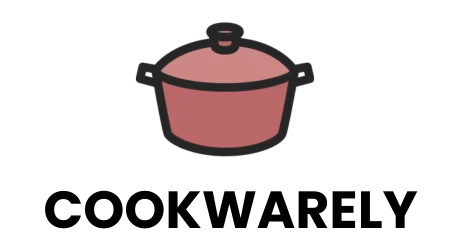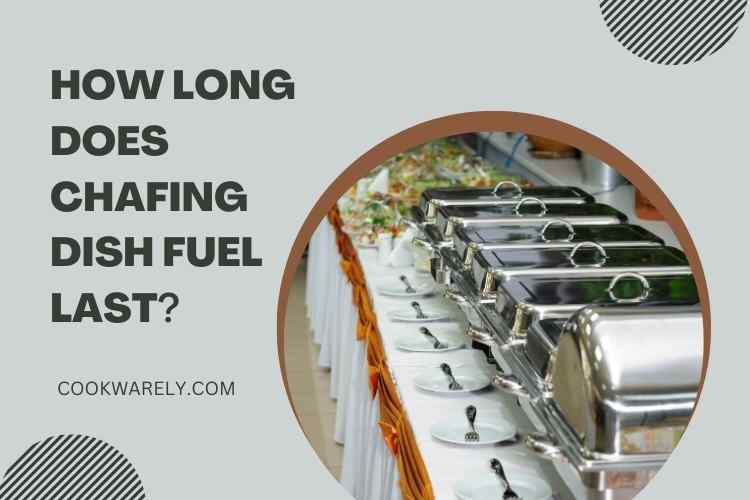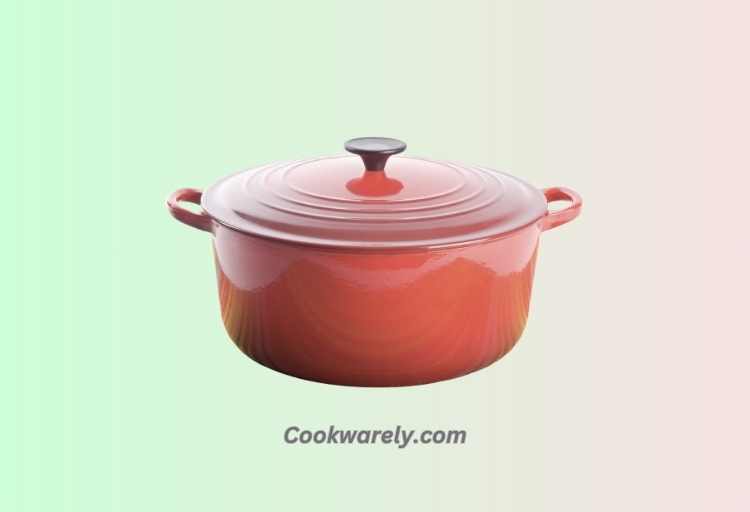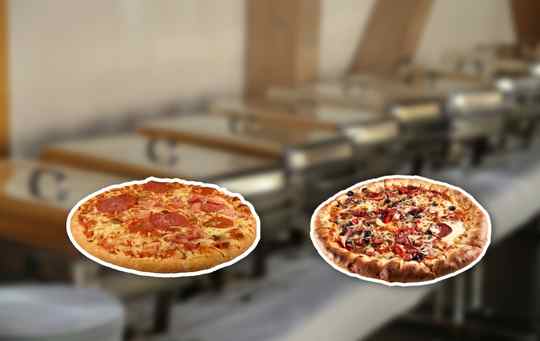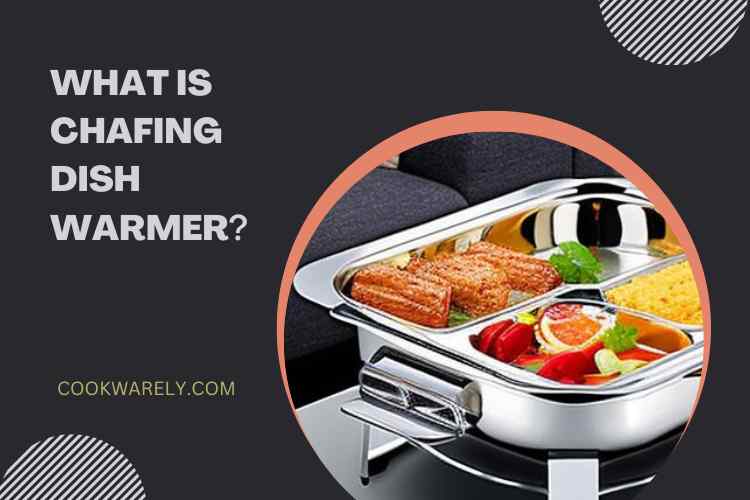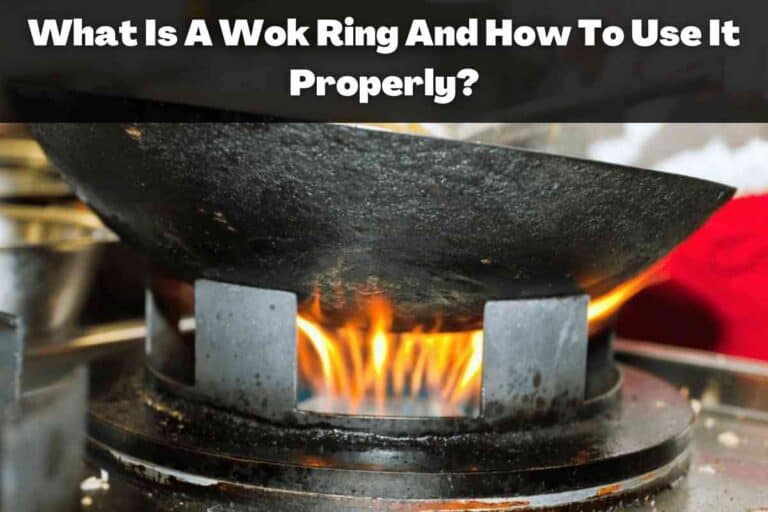How Often To Replace A Cast Iron Skillet?
If properly cared for, a cast iron skillet can last for generations. However, if not properly maintained, it can rust and require replacement.
The frequency of replacing a cast iron skillet primarily depends on usage, maintenance, and signs of wear. With proper care, it can last generations, but if it develops chipping, cracking, warping, or corrosion that compromises its functionality or safety, replacement may be necessary.
The best way to maintain your skillet is to hand wash it and season it regularly. Then, only run it through the dishwasher when necessary.
4 Factors to Consider About Replacement of A Cast Iron Skillet
| Factors Affecting Replacement | When to Consider Replacement |
|---|---|
| Usage Frequency | Frequent daily use may require replacement sooner. |
| Assess the skillet’s condition if heavily used. | |
| Cooking Habits | Regularly cooking acidic foods may accelerate wear. |
| Evaluate if your cooking habits impact skillet condition. | |
| Maintenance Practices | Neglecting proper cleaning and seasoning may shorten life. |
| Consider replacement if maintenance has been lacking. | |
| Quality of Care | Exceptional care can extend the skillet’s lifespan. |
| Assess the skillet’s condition relative to your care. |
Key Takeaways
- Carefully inspect the skillet for chipping, cracking, warping, or corrosion, as these signs may indicate the need for replacement.
- Consider how often you use the skillet. Frequent use may lead to quicker wear and the need for replacement sooner.
- Evaluate your cleaning and seasoning routines. Proper maintenance can significantly extend the skillet’s lifespan.
- Reflect on your cooking habits, especially if you frequently cook acidic foods. These habits can impact the skillet’s condition and longevity.
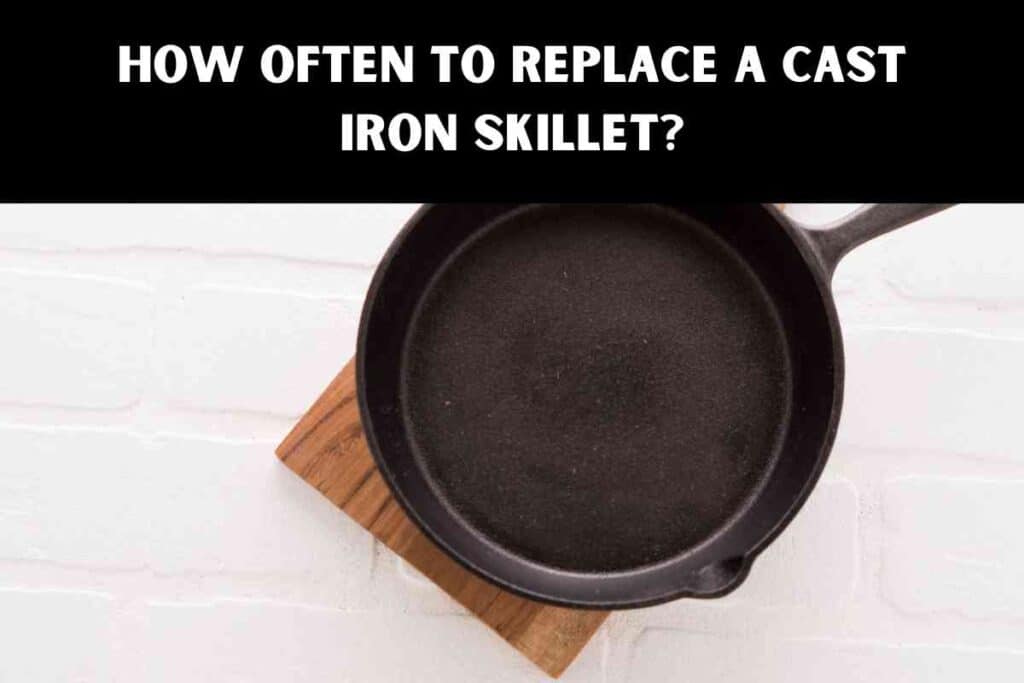
Facts About Replacing Cast Iron Skillets
- Cast iron skillets can last for generations with proper care and maintenance. Their durability is one of their most renowned features.
- Chipping, cracking, warping, corrosion, and holes are common signs of wear and tear in cast iron skillets that may necessitate replacement.
- The types of food you regularly cook in your skillet, especially acidic dishes like tomato sauce, can impact its lifespan due to potential corrosion.
- Heavy, daily use can lead to faster wear and tear, potentially requiring replacement sooner than skillets used less frequently.
- Regular cleaning, seasoning, and proper storage can significantly extend the life of your cast iron skillet, delaying the need for replacement.
How Often To Replace A Cast Iron Skillet?
Cast iron skillets are beloved for their durability and versatility in the kitchen. With proper care, these timeless cookware pieces can last for generations, but they are not invincible.
Just like any tool, cast iron skillets have a finite lifespan, and knowing when to replace them is essential for maintaining the quality of your cooking and ensuring food safety.
Signs of Wear and Tear
The first step in understanding when to replace a cast iron skillet is recognizing the signs of wear and tear. Cast iron skillets are relatively low-maintenance, but they are not immune to damage.
Here are common signs that your skillet may need replacement:
| Signs of Wear and Tear | Solutions |
|---|---|
| Chipping | Avoid scraping off burned food vigorously. Consider re-seasoning the skillet. |
| Cracking | Prevent extreme temperature changes. Discard if cracks compromise safety. |
| Warping | Gradually heat and cool the skillet. If severe warping, consider a replacement. |
| Corrosion (Rust) | Thoroughly clean and re-season the skillet. Store in a dry place to prevent rust. |
| Holes | Avoid harsh washing and abrasive cleaning. Replace if holes compromise functionality. |
1. Chipping:
- Chipping occurs when pieces of the skillet’s surface break off. This can happen while scraping off burned food.
- Chipped cast iron can pose health hazards as the exposed metal may come into contact with your food, leading to potential ingestion of iron.
2. Cracking:
- Cracks in the skillet’s surface can develop over time, especially if subjected to extreme temperature changes.
- These cracks can become breeding grounds for bacteria, compromising the safety of your cooking.
3. Warping:
- Warping results from uneven heating and cooling of the skillet. It causes the pan to lose its flat cooking surface.
- An uneven cooking surface can lead to poor food preparation and even accidents in the kitchen.
4. Corrosion:
- Corrosion is the result of moisture reacting with the iron, causing rust and flaking.
- A rusty skillet not only affects the quality of your cooking but also makes it harder to maintain a non-stick surface.
5. Holes:
- Holes can develop in a cast iron skillet due to harsh washing, abrasive cleaning methods, or misuse.
- These holes can lead to iron leaching into your food, potentially affecting its taste and safety.

Factors Affecting Replacement Frequency
The frequency at which you need to replace your cast iron skillet depends on various factors. Understanding these factors will help you determine how often you should consider replacing your beloved cookware.
1. Usage Frequency
If you use your cast iron skillet frequently, it may wear out faster than one used less often.
Daily or heavy use can lead to quicker deterioration.
2. Cooking Habits
The type of food you regularly cook in your cast iron skillet can impact its lifespan.
Cooking acidic foods like tomato sauce can accelerate corrosion and lead to the need for replacement sooner.
3. Maintenance Practices
How you care for your skillet plays a crucial role in its longevity.
Neglecting proper cleaning, seasoning, and storage can result in more rapid wear and tear.
4. Quality of Care
If you take exceptional care of your skillet, it may last longer than expected.
Proper maintenance, such as regular seasoning and gentle cleaning, can significantly extend its life.
Tips for Prolonging Your Cast Iron Skillet’s Life
While cast iron skillets do have a finite lifespan, there are several steps you can take to prolong their life and get the most out of your investment:
1. Regular Cleaning and Seasoning:
- Hand wash your skillet with mild soap and warm water after each use.
- Dry it thoroughly to prevent rust.
- Season your skillet regularly by applying a thin layer of oil and heating it until it smokes.
2. Gradual Heating and Cooling:
- Avoid subjecting your skillet to extreme temperature changes, such as placing a hot skillet under cold water.
- Gradually heat and cool it to prevent warping.
3. Avoid Acidic Foods:
- Limit the use of acidic foods like tomatoes in your cast iron skillet.
- Acid can accelerate the corrosion process.
4. Proper Storage:
- Store your cast iron skillet in a dry place.
- If stacking skillets, place a paper towel or cloth between them to prevent scratching.
5. Re-Enameled Cast Iron:
- Consider using enameled cast iron if you want a more durable option that doesn’t require seasoning.
- Enameled cast iron skillets are less prone to rust and corrosion.
Frequently Asked Questions (FAQs)
Can I Restore an Old, Damaged Cast Iron Skillet?
Yes, you can restore an old cast iron skillet with rust or minor damage. It involves thorough cleaning, re-seasoning, and sometimes sanding off rough spots.
How often should I season my cast iron skillet?
Season your skillet regularly, especially if it starts to lose its non-stick properties. For many users, once every few months is sufficient.
Can I Use My Cast Iron Skillet on an Induction Cooktop?
Yes, cast iron skillets are compatible with induction cooktops due to their magnetic properties.
Conclusion
In conclusion, cast iron skillets are durable kitchen companions, but they are not indestructible.
Recognizing the signs of wear and tear, understanding the factors affecting replacement frequency, and following proper maintenance practices are essential for extending the life of your cast iron skillet.
With the right care, your cast iron skillet can continue to provide excellent cooking results for many years to come.
